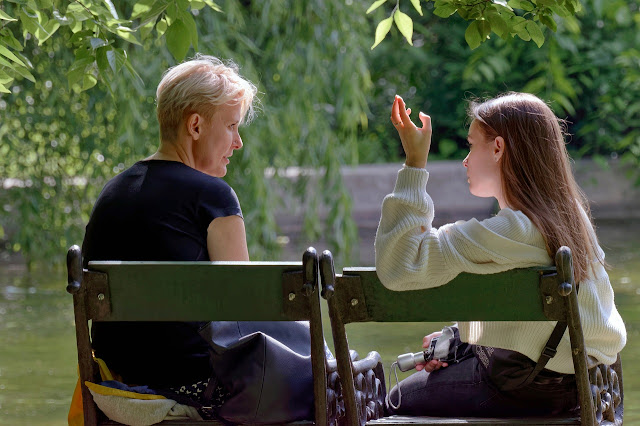Posts
Showing posts with the label family
Missionaries didn't break my relationship with my family. Life did.
- Get link
- X
- Other Apps
Why "No" Needs to Become a Complete Sentence in the Church
- Get link
- X
- Other Apps
Having Healthier Conversations about Fertility in the Church
- Get link
- X
- Other Apps













